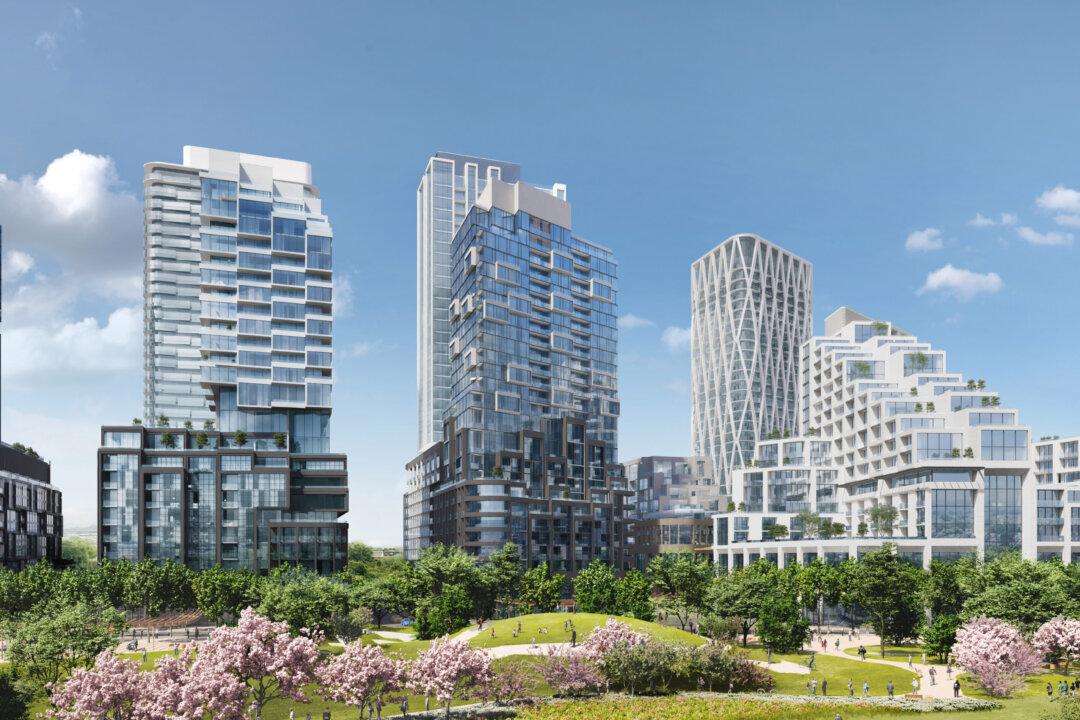The Toronto area real estate market of 2017 was a roller coaster, as various new policies and rules impacted on sales and prices.
While more changes are in store in 2018, Charles Jaque, director of sales and marketing for the Milborne Group, says there’s no reason to be concerned for the health of the market. The GTA condo market will continue to thrive, and there’s good reason to believe the low-rise sector will also be robust.




